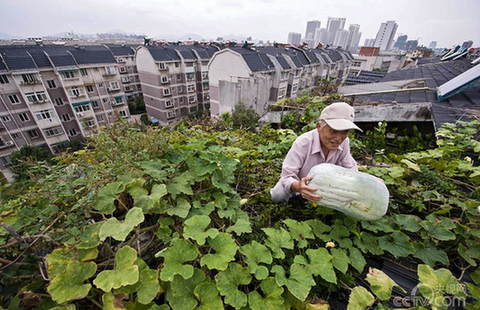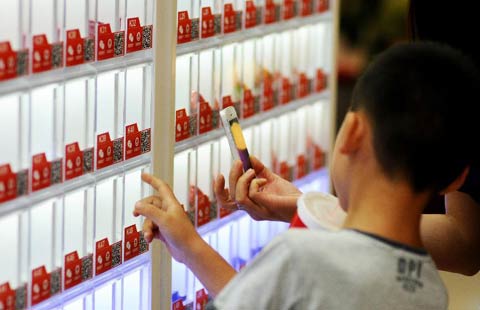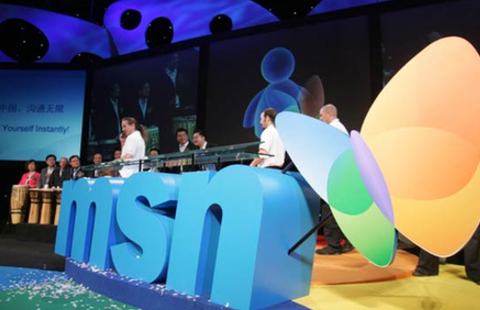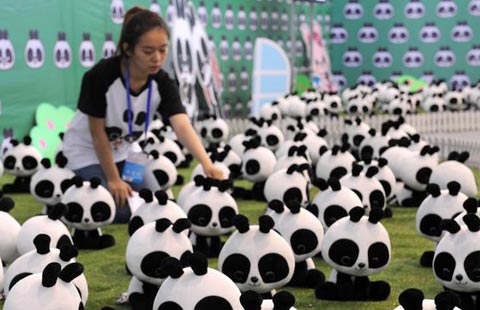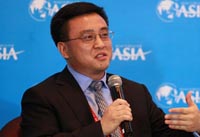Powerful surge for success
By Du Xiaoying (China Daily) Updated: 2014-09-15 09:25Two years ago Ren Ye was in the sunset years of his career as the clock ticked down to his retirement. He had spent more than 30 years with China's largest manufacturer of electrical transmission equipment, beginning as a hot metals technician in a switch factory, and rising to become its deputy chief engineer.
But Ren's career took an unexpected turn two years ago when the bosses of China XD Group Corporation decided to send him on a mission to pump some life back into one of its overseas operations, and within weeks, Ren, 57, had moved from Xi'an, the royal city of the Terracotta Warriors, to Egypt, land of the pharaohs.
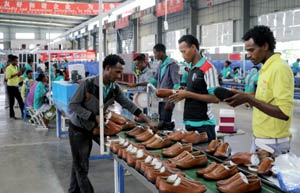 |

|
XD-Egemac is a joint venture with Egypt's leading power group, the Egyptian German Electrical Manufacturing Co, with XD holding a 51 percent share and Egemac the rest.
China XD Electric Co Ltd is listed on the Shanghai Stock Exchange and has market capitalization of 21.4 billion yuan ($3.5 billion), and sells its products worldwide.
"Egypt is a big economy and a political power in the region," says Ren, explaining why the company decided to set up operations in the country.
The initial plan was to invest about $100 million as the joint venture took advantage of XD's know-how in high-voltage electrical transmission and transformers.
But the company's performance failed to match its managers' expectations, and after the government led by Hosni Mubarak was overthrown in 2011, XD reviewed its sales of electrical equipment over the previous five years and re-evaluated the political and economic situations in the country.
With the unrest in Egypt and elsewhere in North Africa and the Middle East, XD cut its investment plans by about a third. It also decided to divert the joint venture's focus from manufacturing to sales, suspending investment in its transformer factories. These two workshops, which employ 46 technicians, sales people and others, make high-voltage switches and transformers. Forty-two of the staff are Egyptians.
Ren says that in the past two years, the joint venture's flagging fortunes have begun to revive.
Being flexible and even preempting changes in local conditions is one of the key tests of Chinese enterprises' ability to operate globally, he says. That applies particularly to regions prone to political unrest where Chinese enterprises, mostly State-owned, are active in big projects.
- Alibaba kicks off Asia roadshow in HK
- Alibaba set for biggest IPO in history
- China's rooftop power generation surges despite challenges
- CNOOC reports first deepwater gas discovery in South China Sea
- China, Malaysia join hands in port partnership
- Shanghai FTZ senior official removed
- Urban farmers in China
- Beijing raises hiring standard for foreign employees
